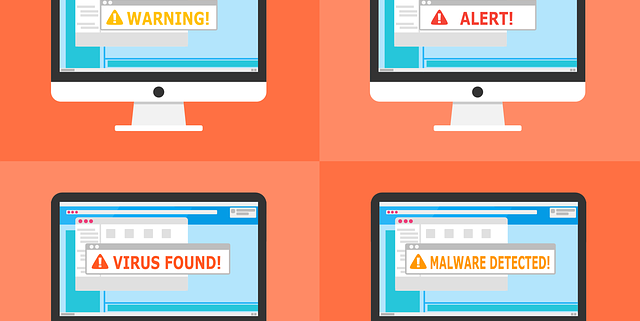Will 2018 be the year you decide to take PCI DSS compliance seriously?
We all know that cyber attacks and data hacks are on the rise. Once again, experts are predicting that 2018 will be another record year for the number of cyber security attacks and data breaches affecting businesses of all shapes and sizes. Yet, despite the warnings, a startling number of businesses still don’t have adequate protection to fend off the hackers nor appropriate procedures in place to deal with an attack should it occur.
PCI DSS was established in 2004 by the major payment card brands as a means of encouraging businesses to tackle the issue by introducing a set of clear security standards to comply with when processing card payments and apply to all businesses, regardless of their size, who accept payments over the phone and online.
With the deadline to comply with the new version, PCI DSS 3.2, fast approaching (in February!), will 2018 be the year that your business finally gets to grips with PCI DSS compliance? Here are our three big reasons why we think it absolutely should be:
There’s the small matter of GDPR…
The new European Union General Data Protection Regulation (GDPR) legislation comes into effect on 25th May 2018 meaning that there is greater pressure on water-tight data storage and more severe repercussions should a data breach occur as a result of having less-then-adequate procedures in place. Many businesses are scrambling to understand and meet the ever-increasing compliance requirements but, very handily, becoming PCI DSS compliant will help move you closer to achieving GDPR compliance too.
Hackers are getting cleverer
The techniques that hackers use to access data is evolving all the time as they create increasingly clever ways to infiltrate systems. The challenge for businesses is to be one step ahead and they can help this by ensuring that their processes are compliant with the latest security standards. As the chance of facing an attack becomes more probable, being compliant means you’ll have the right procedures in place to deal with a cyber attack.
The penalties for non-compliance are getting more severe
While some businesses postpone addressing their PCI DSS compliance, they won’t be able to avoid the inevitable consequences should their payment systems get hacked. Depending on how slack the system is when it is hacked, the resulting fine can range from hundreds to thousands of pounds and this is increasing. Plus there’s the possibility of a ban on accepting card payments and even more harmful, damage to your brand reputation. In today’s market, customers have high expectations of businesses doing everything they can to protect their data. The loss of trust amongst your customer base could mean disaster for business.
So what can you do about it?
Staying ahead of the game and on top of compliance is a big challenge for many businesses particularly those that are smaller and don’t have the internal resources to hand. Finding staff with up to date skills and expertise to create and protect a secure payment system is difficult, as is the process of regular PCI DSS self-assessment.
But that’s where we come in. PCI Telecom creates card payment systems that are bespoke to your business, that are entirely compliant in the very latest PCI DSS regulations with Level 1 accreditation. We take the responsibility of being PCI DSS compliant away from your business so that you have more time to focus on other core areas. For more information about how we can help you, visit our Solutions page.


